HS-LS2-3
Construct and revise an explanation based on evidence for the cycling of matter and flow of energy in aerobic and anaerobic conditions.
-
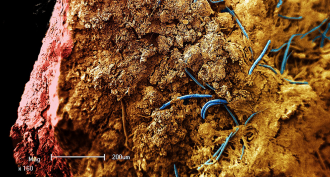 Microbes
MicrobesWorld’s deepest zoo harbors clues to extraterrestrial life
Scientists have found a wide range of life deep below Earth’s surface. The discoveries could help inform our search for life on other planets.
-
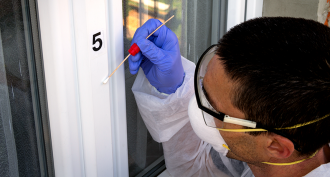 Science & Society
Science & SocietyCool Jobs: New tools to solve crimes
Future investigators may identify criminals by the microbes they leave behind or by using DNA-like evidence from strands of their hair.
-
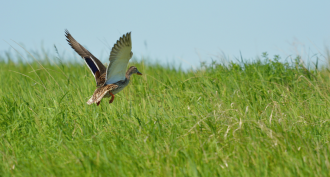 Ecosystems
EcosystemsAmerica’s duck lands: These ‘potholes’ are under threat
North America’s prairies are in trouble. Scientists race against the clock for clues about how to save the plants — and animals — that call it home.
-
 Earth
EarthKeeping space missions from infecting Earth and other worlds
Scientists are always looking for ways to stop Earthly microbes from polluting other planets. The same goes for bringing bits of other planets back to Earth.
-
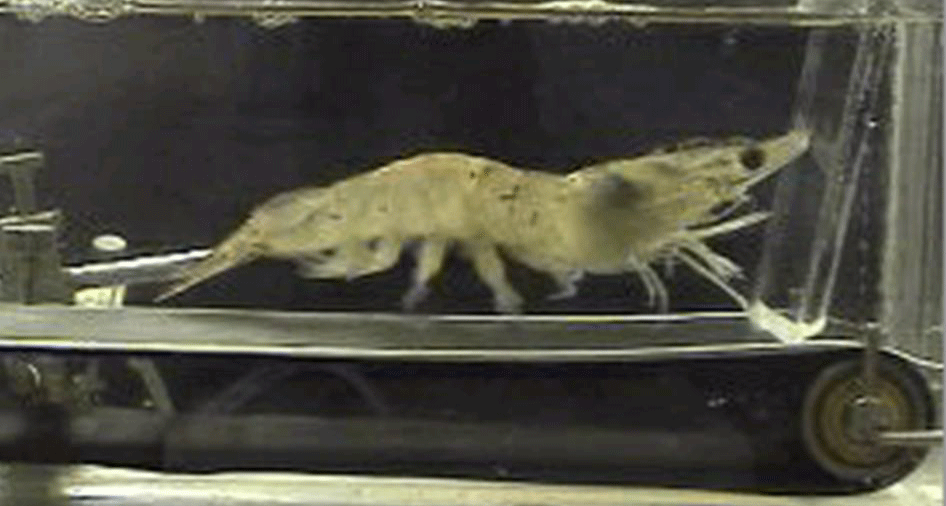 Science & Society
Science & SocietyShrimp on treadmills? Some science only sounds silly
Research that may seem silly, at first glance, often has a rewarding aim. Here are some examples.
By Sid Perkins -
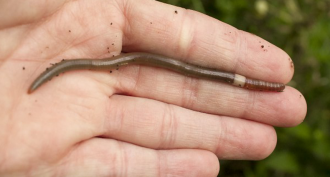 Ecosystems
EcosystemsEarthworms: Can these gardeners’ friends actually become foes?
Asian jumping worms can strip leaf litter from floor of U.S. forests, new data show. Many native plants need that leaf litter for their seeds to germinate.
-
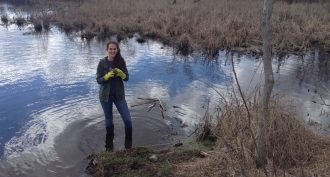 Environment
EnvironmentFighting big farm pollution with a tiny plant
Fertilizer runoff can fuel the growth of toxic algae nearby lakes. A teen decided to harness a tiny plant to sop up that fertilizer.
-
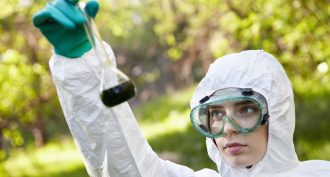 Microbes
MicrobesMicrobes mine treasure from waste
Like miniature factories, bioreactors house microbes recruited to chew through wastes to clean dirty water, make chemicals or generate electricity.
-
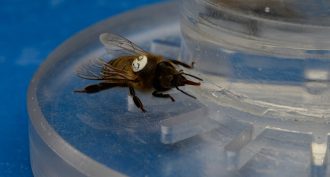 Animals
AnimalsNews Brief: Bees prefer caffeine-spiked nectar
Bees usually alert friends to sources of especially sweet nectar. But a new study finds caffeine is every bit as appealing to them as the sugar is. And that could compromise the quality of their honey.
-
 Agriculture
AgricultureOrganic food starts to prove its worth
Organic food often comes with a higher price. But research is showing that food grown this way can be better for the environment — and possibly for us.
-
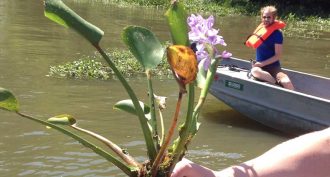 Plants
PlantsUsing plants to solve environmental problems
Problems in their communities suggested good research projects to three teens. Each wanted to tackle a different issue, from pollution to world hunger. To learn more about these issues, they turned to their local ponds, wetlands and gardens.
-
 Microbes
MicrobesLife’s ultra-slow lane is deep beneath the sea
Biologists had suspected the deep seafloor would be little more than barren sediment. But they found a surprising amount of oxygen — and life.
By Beth Geiger